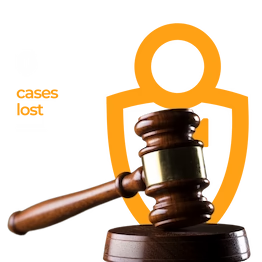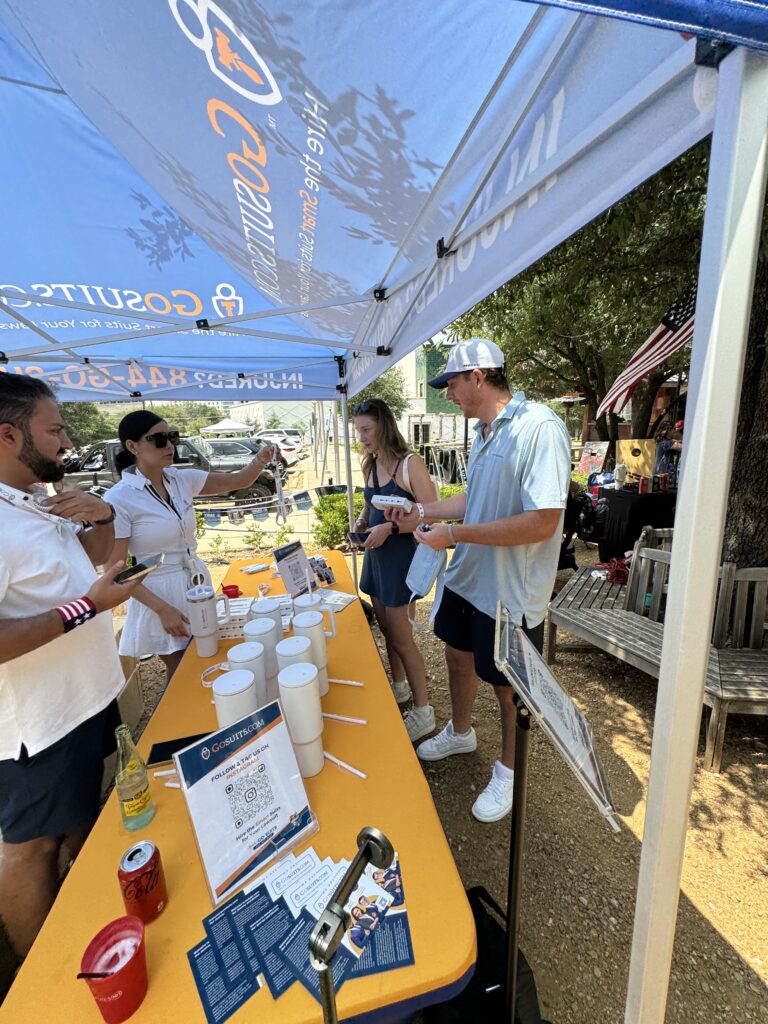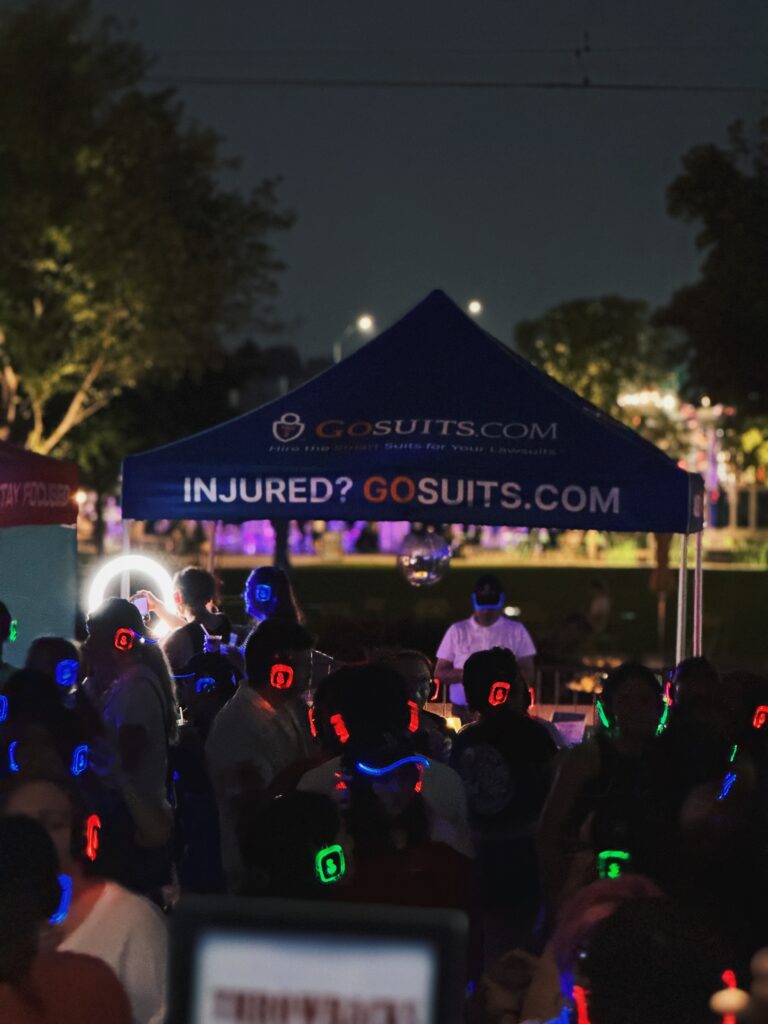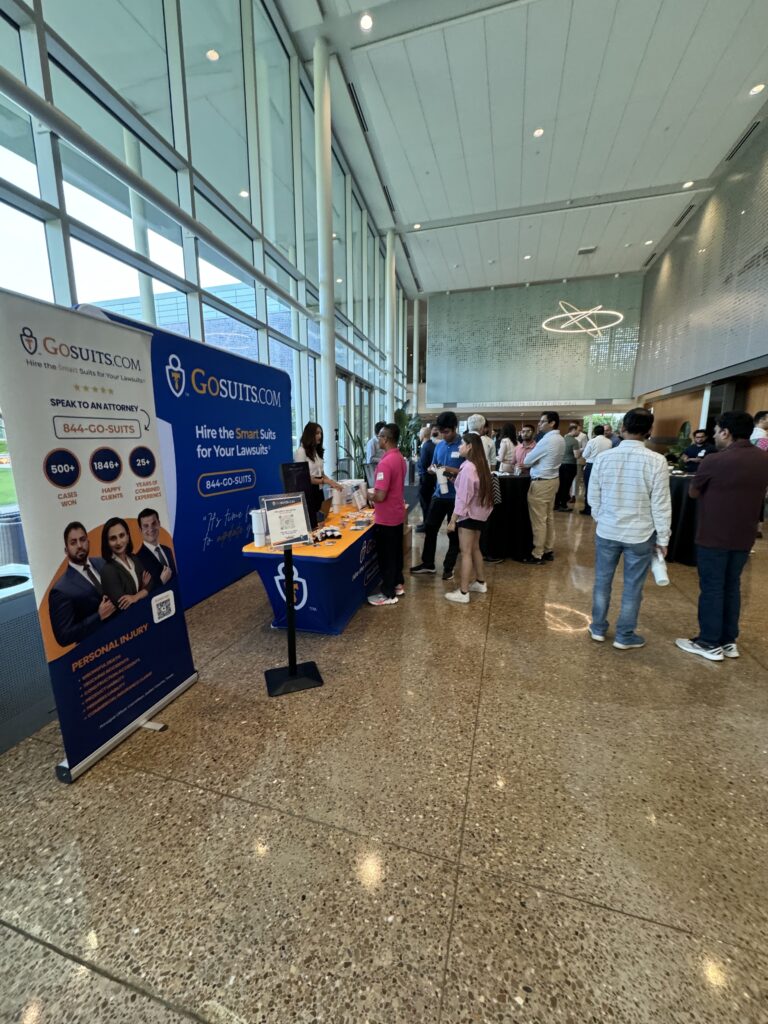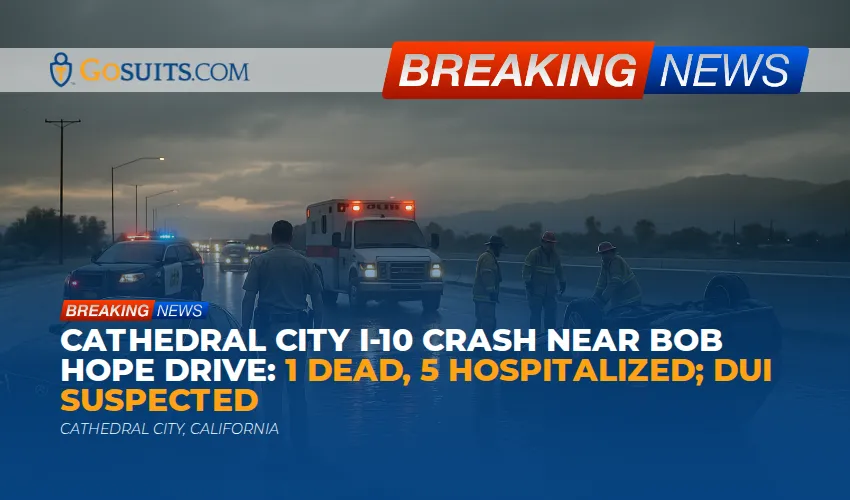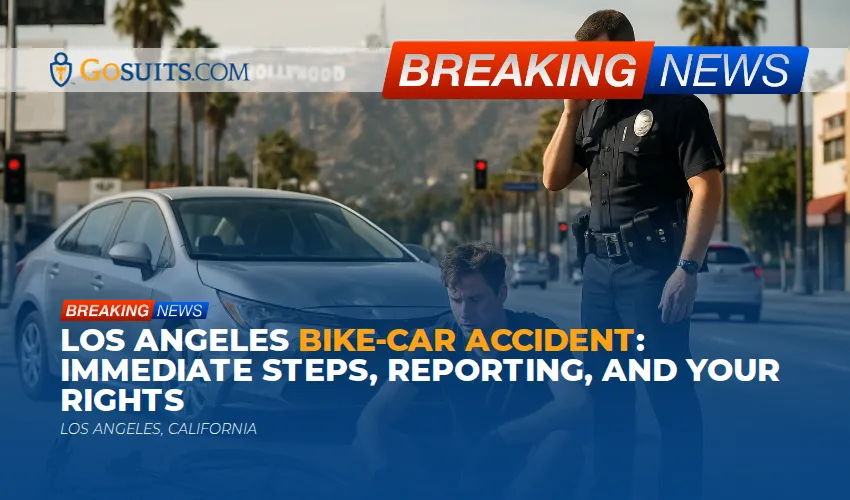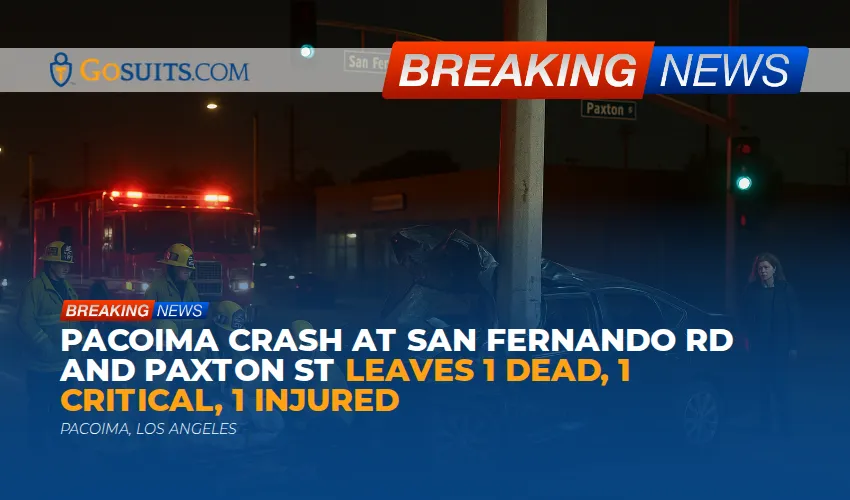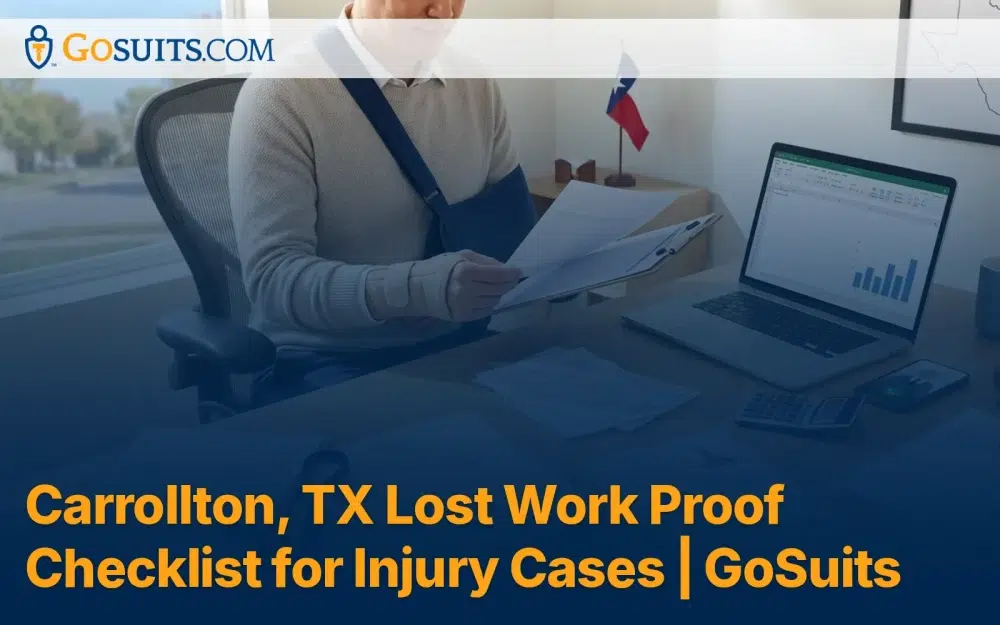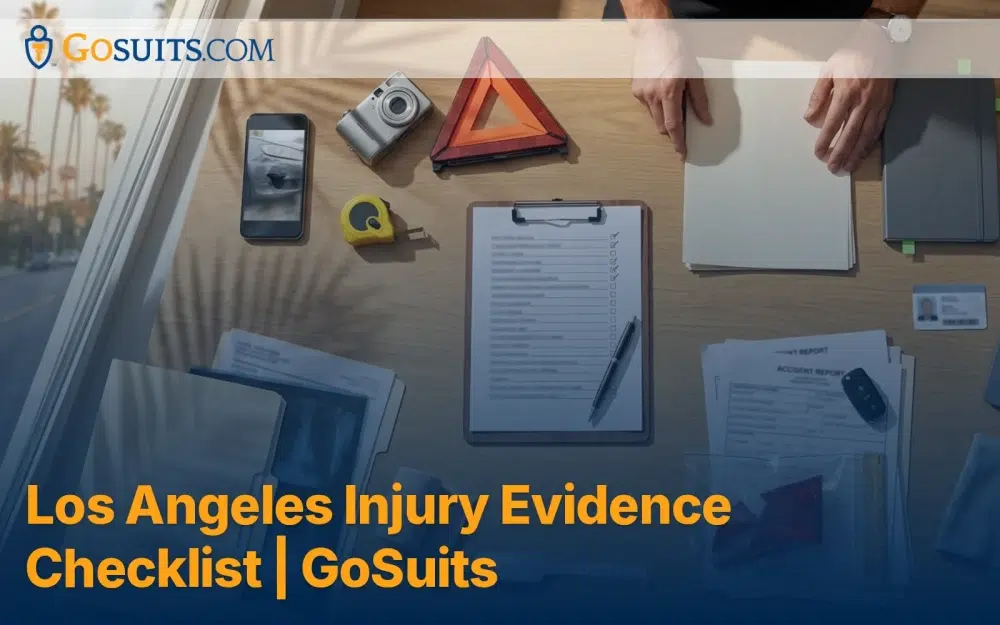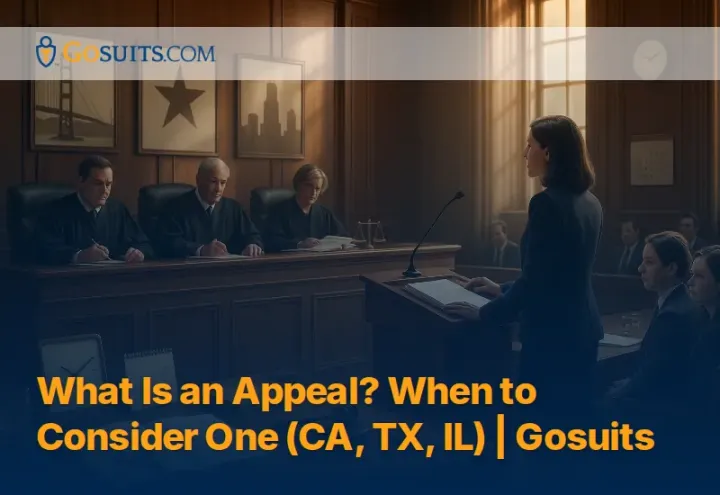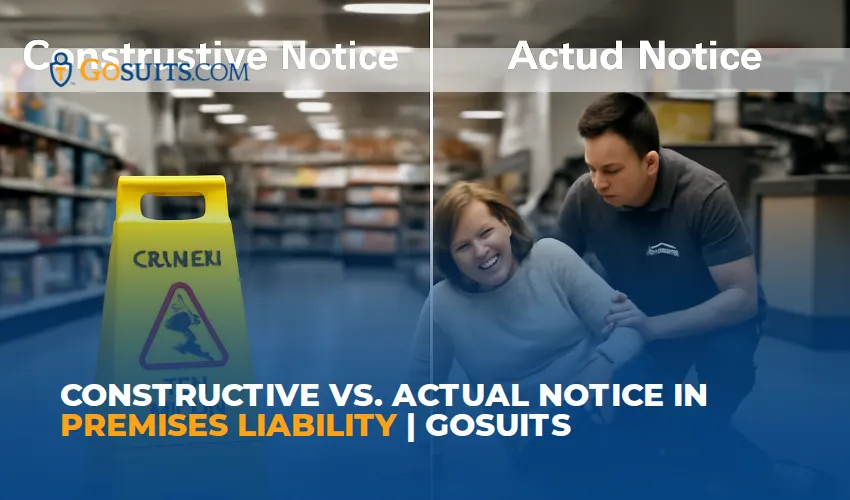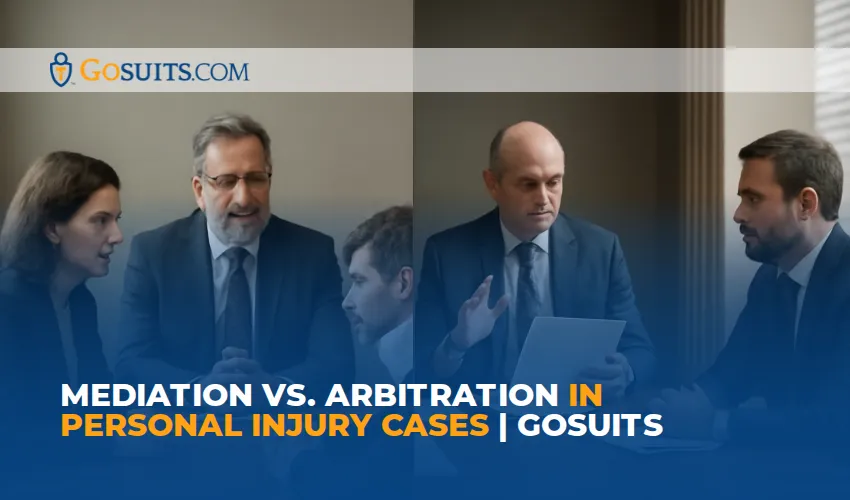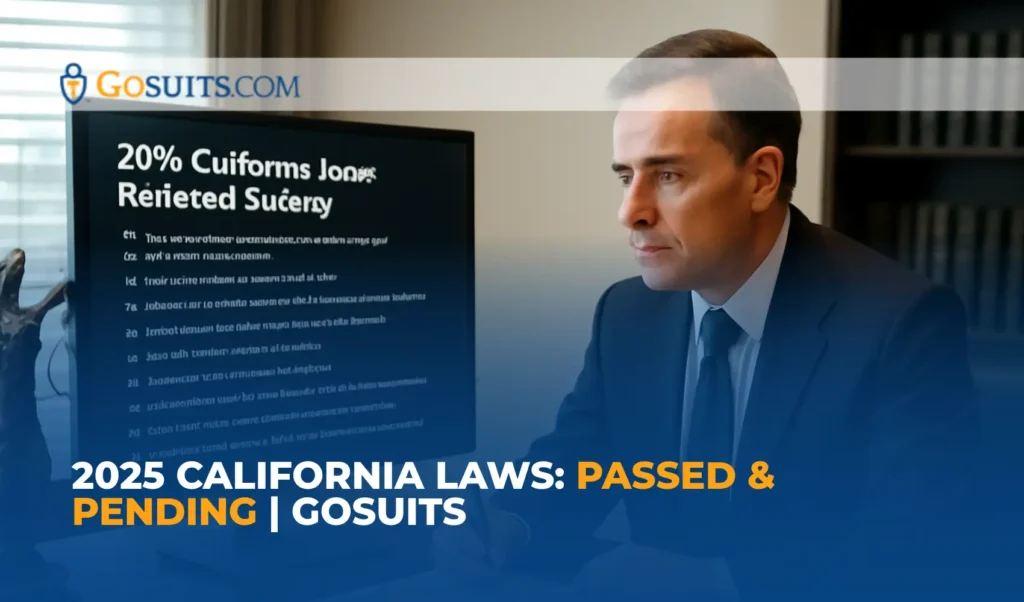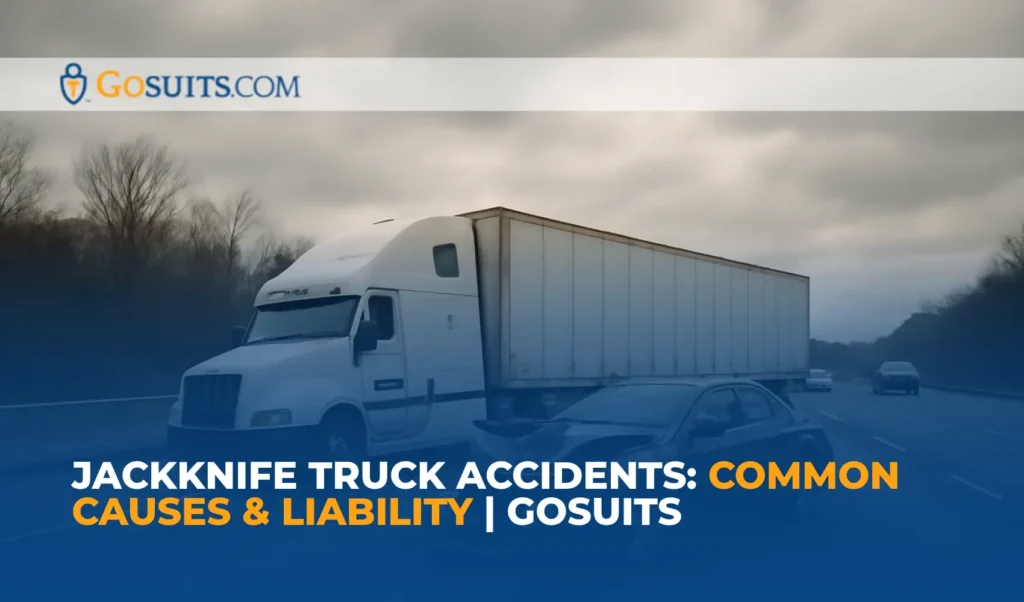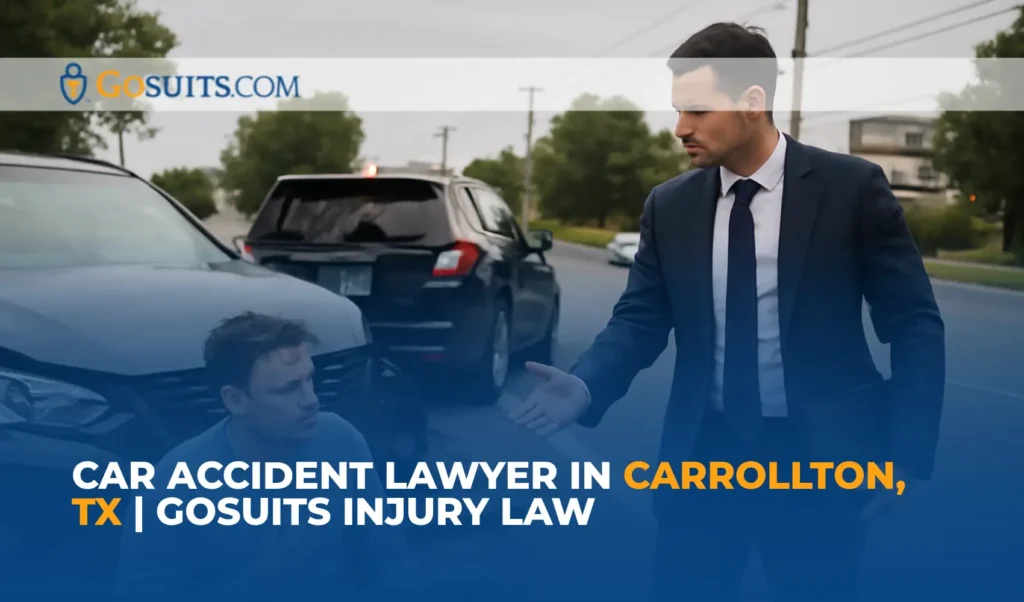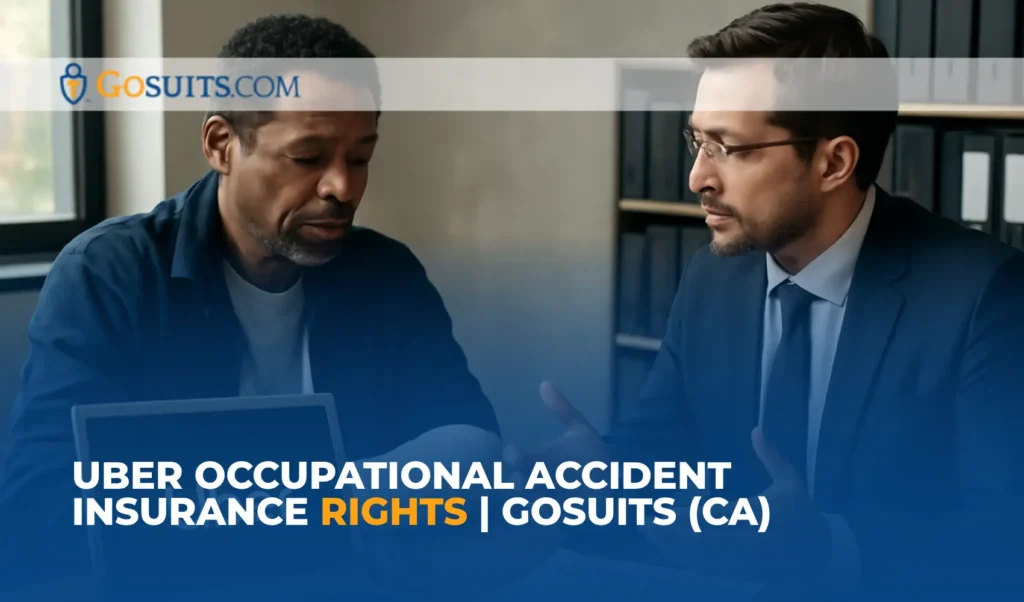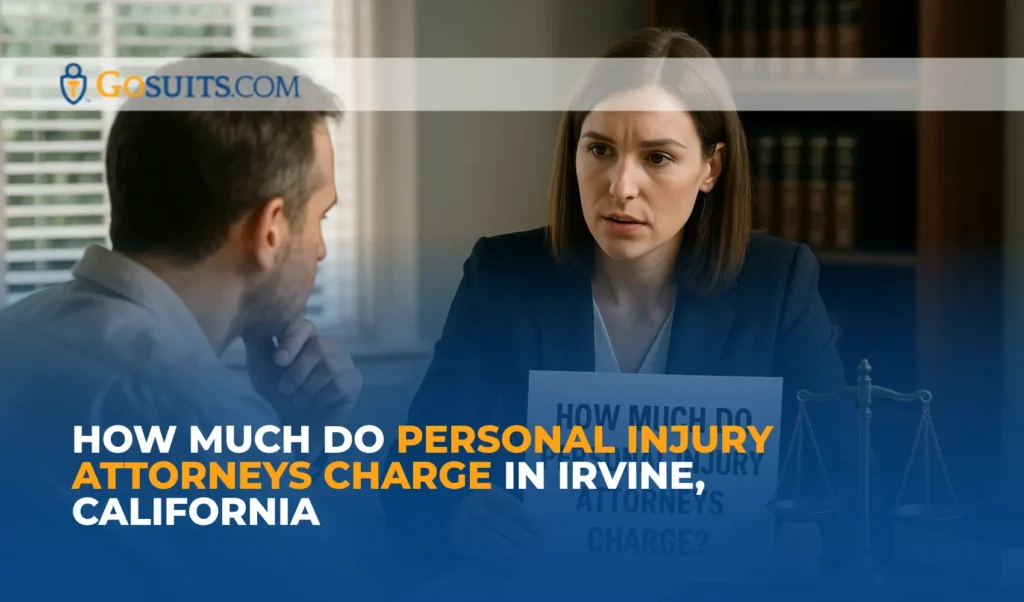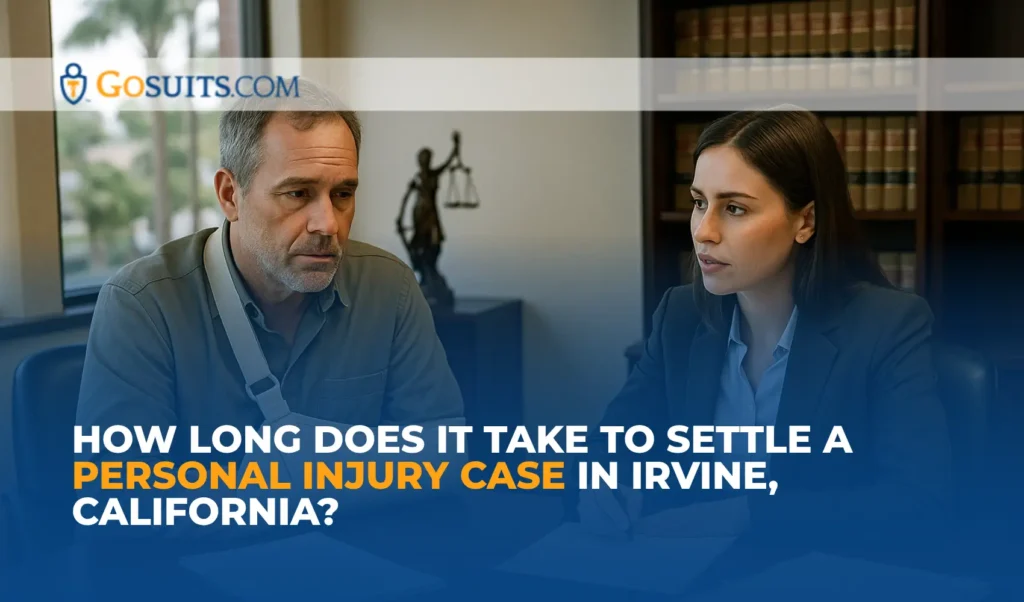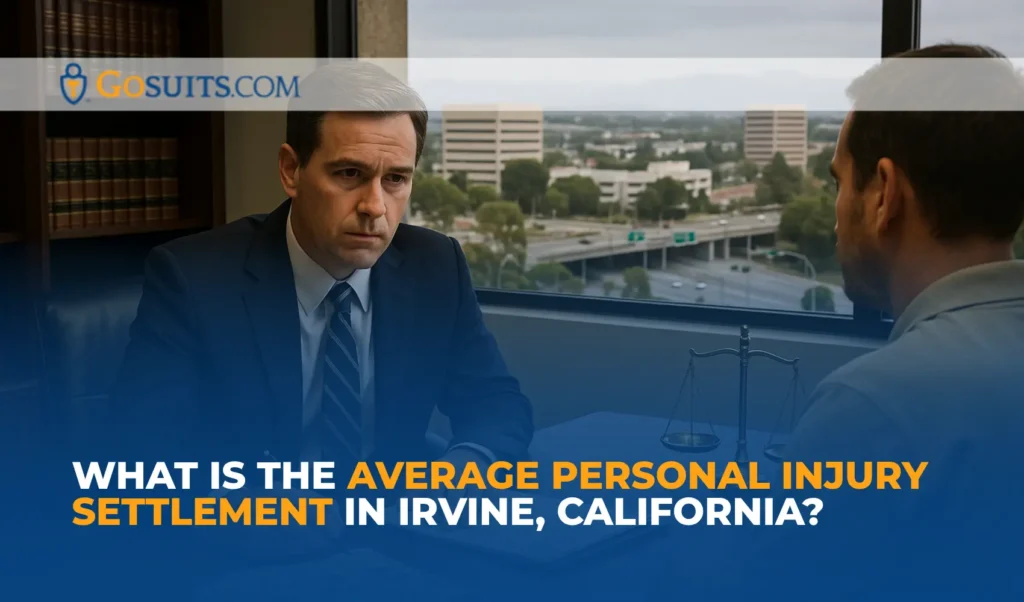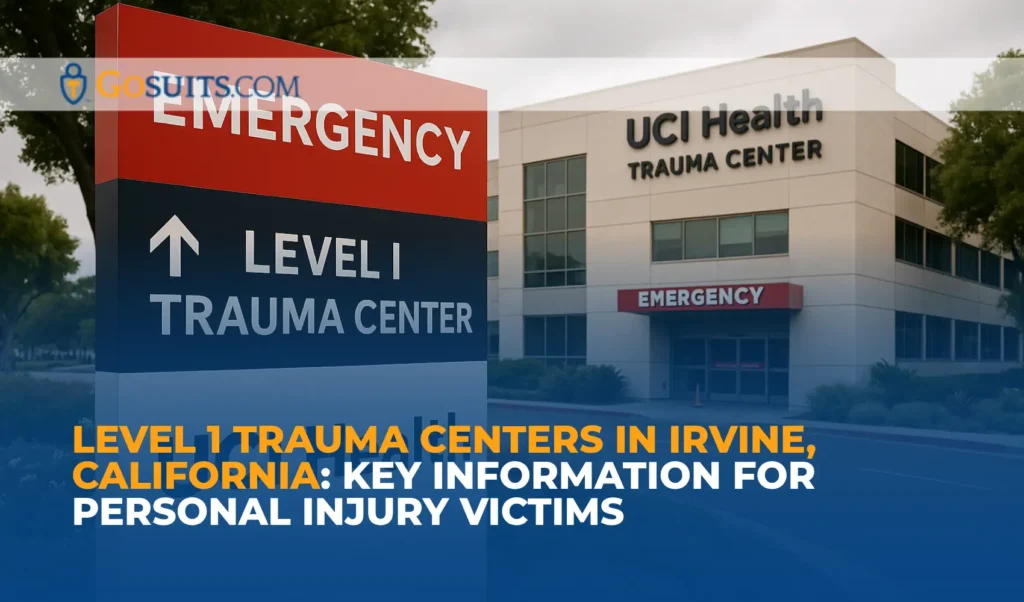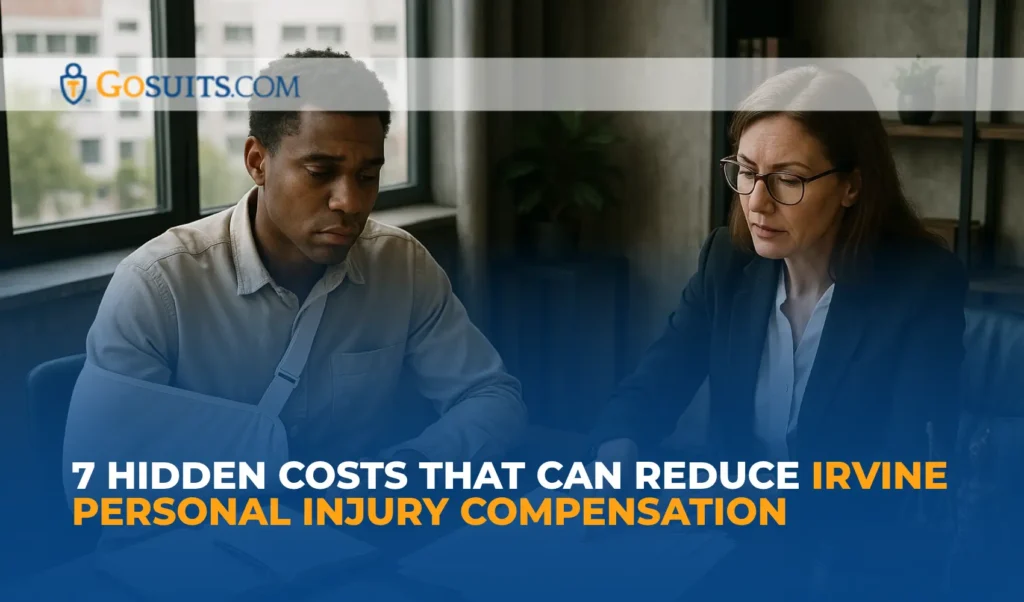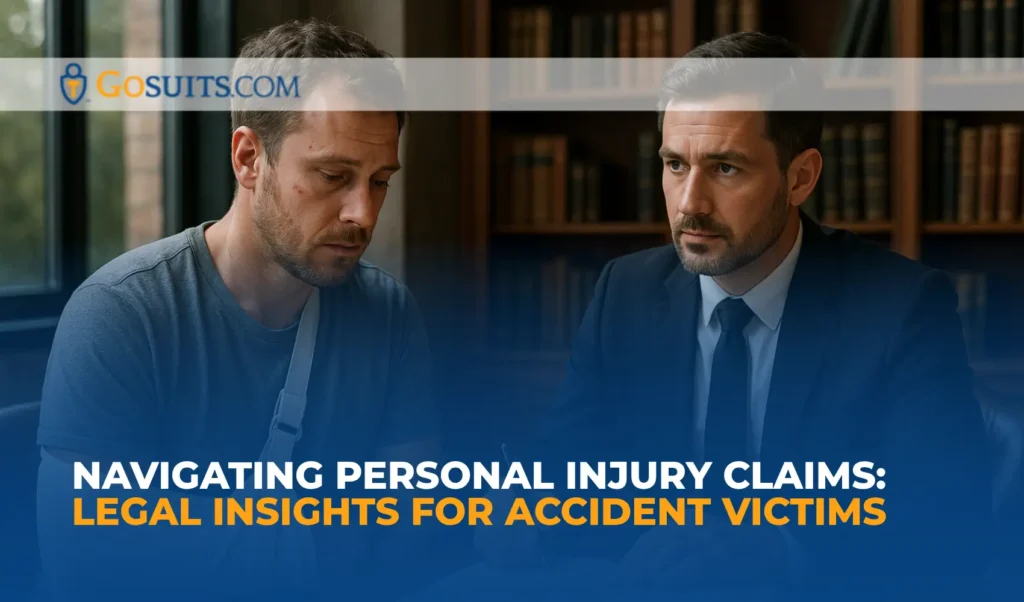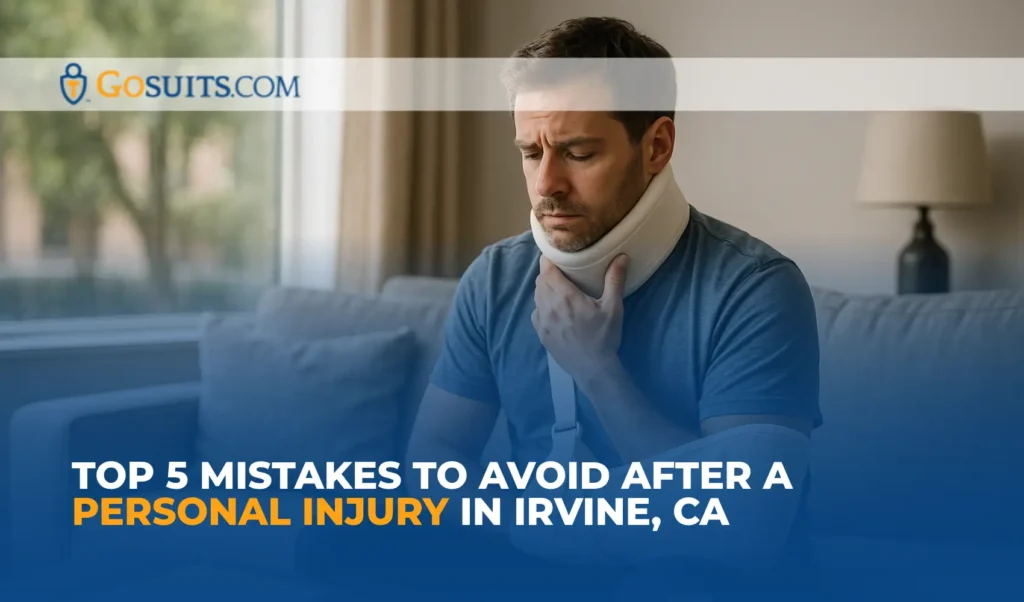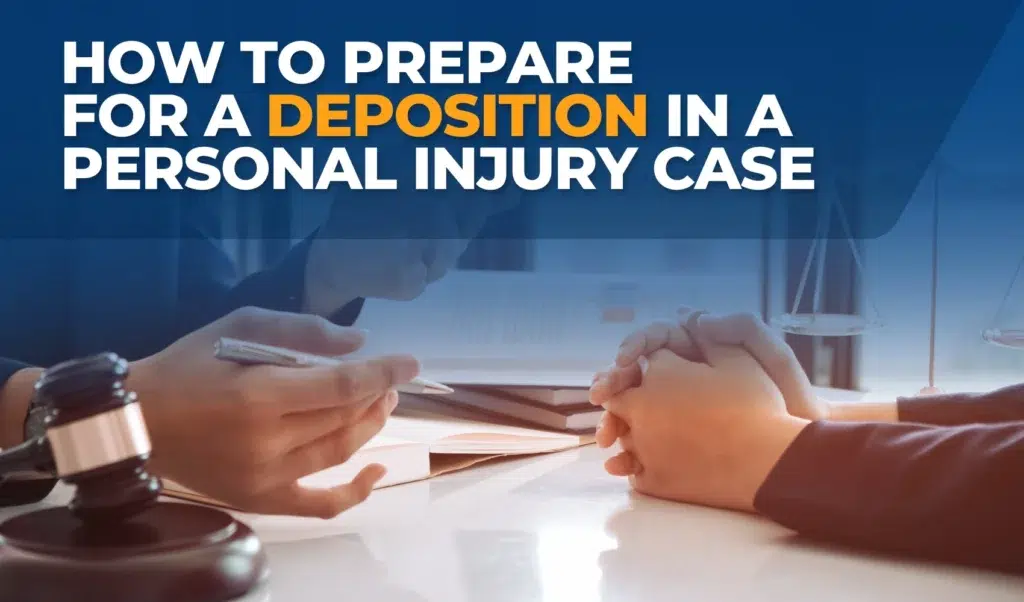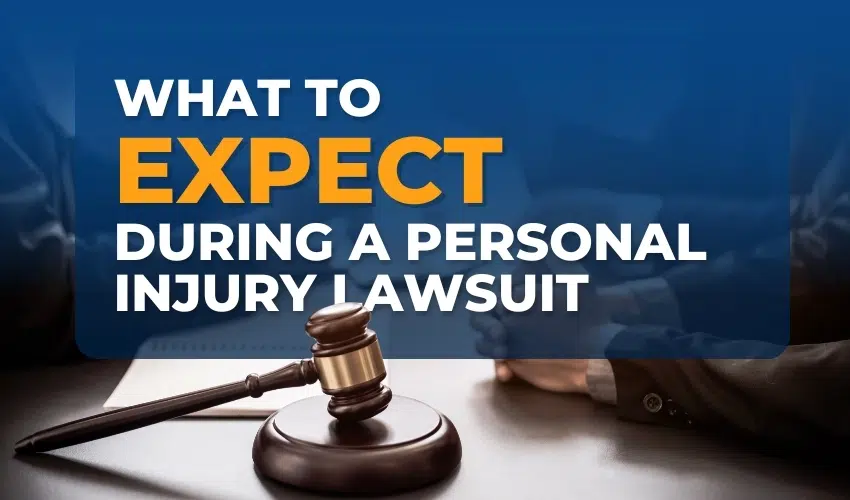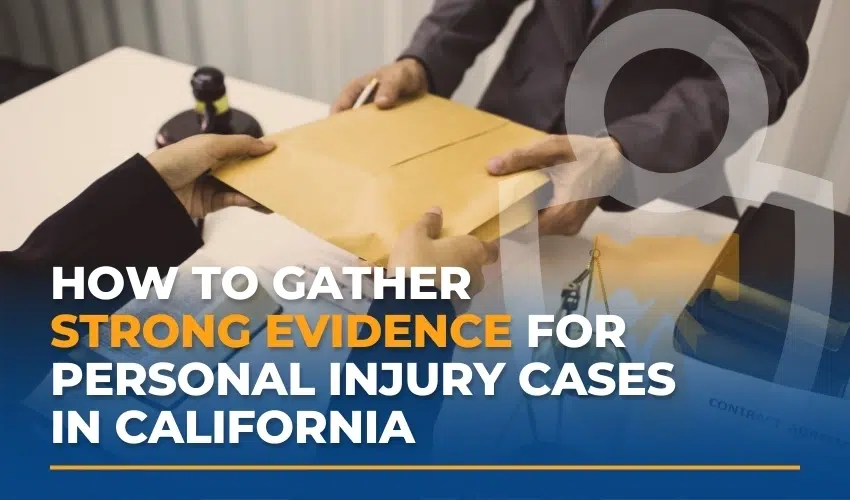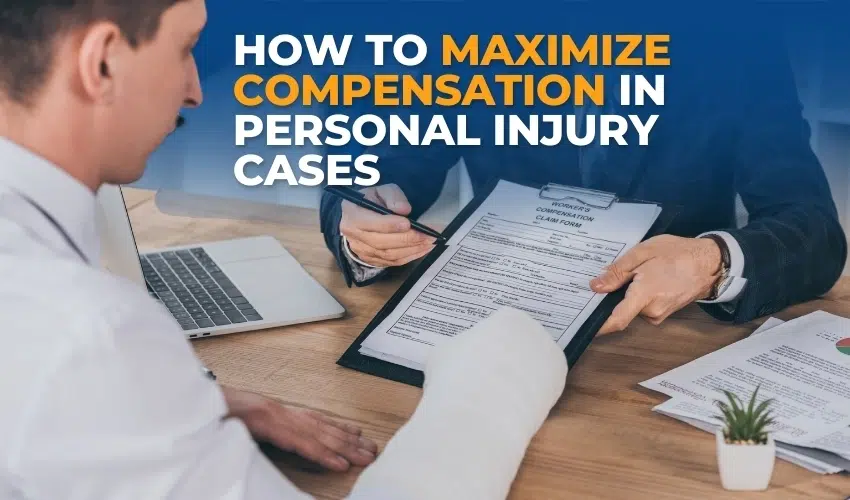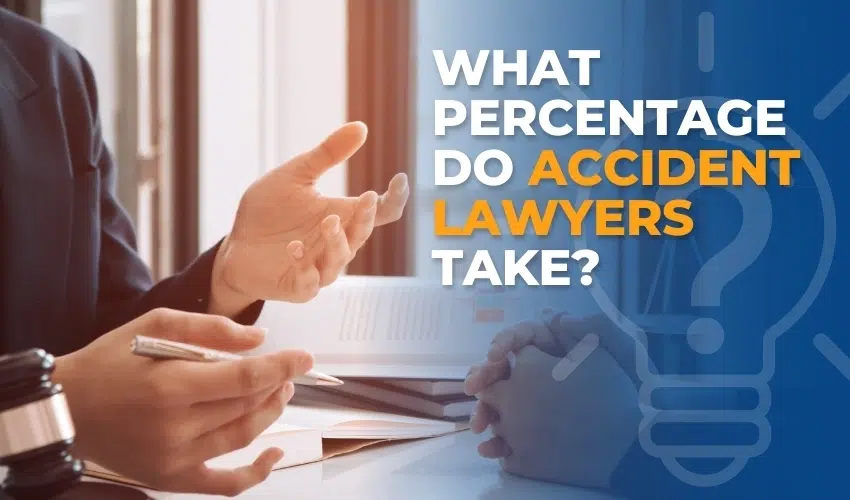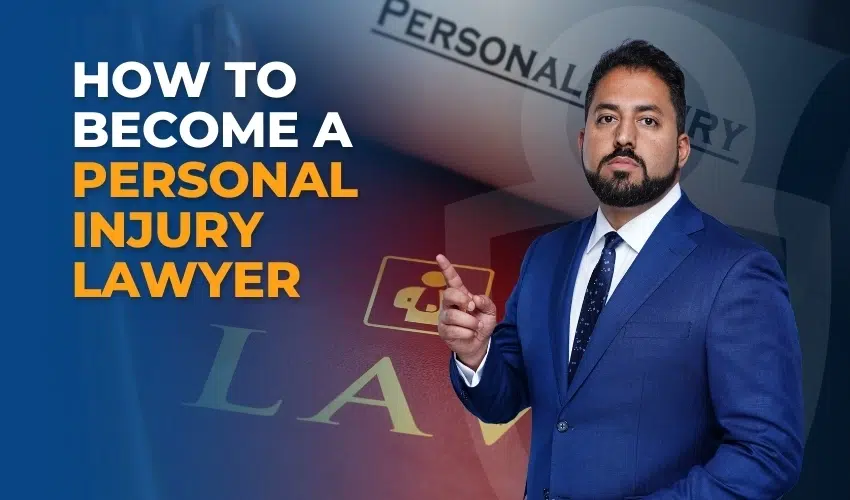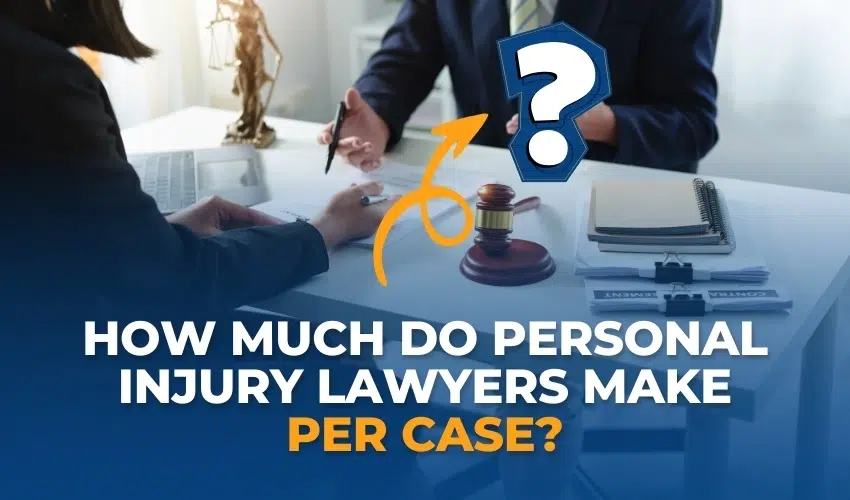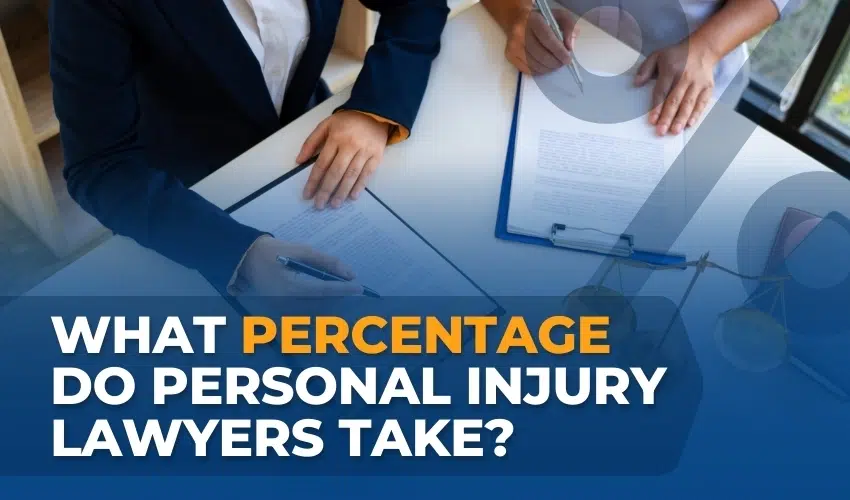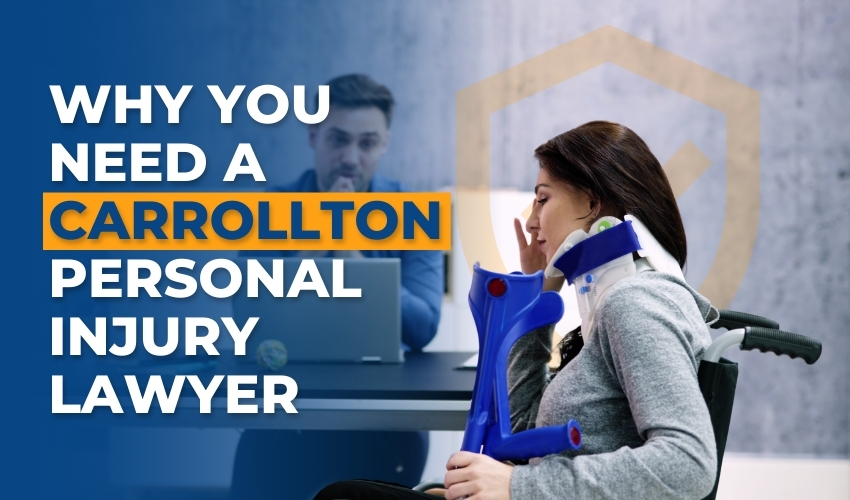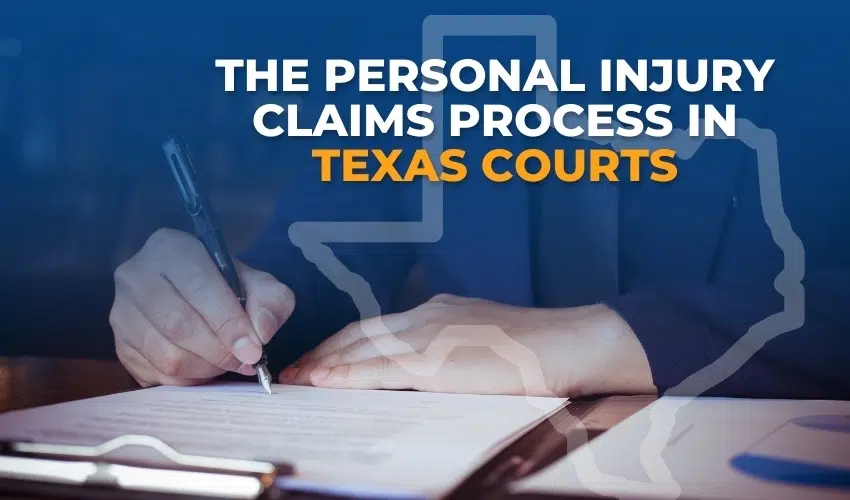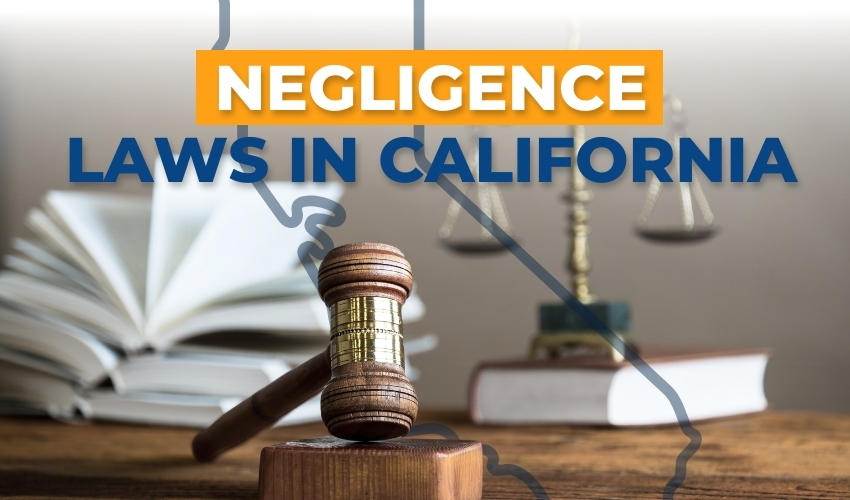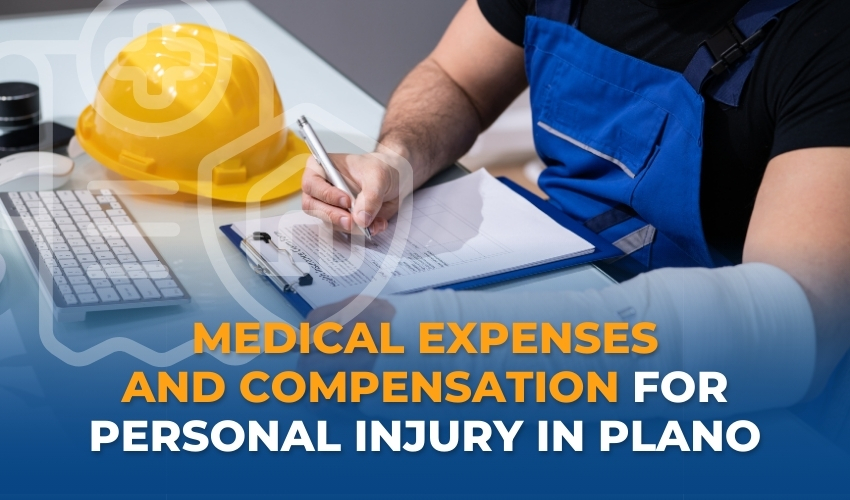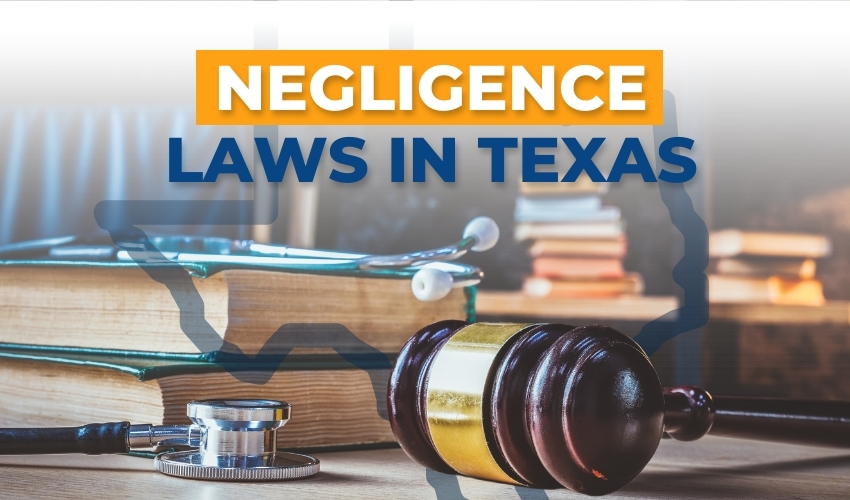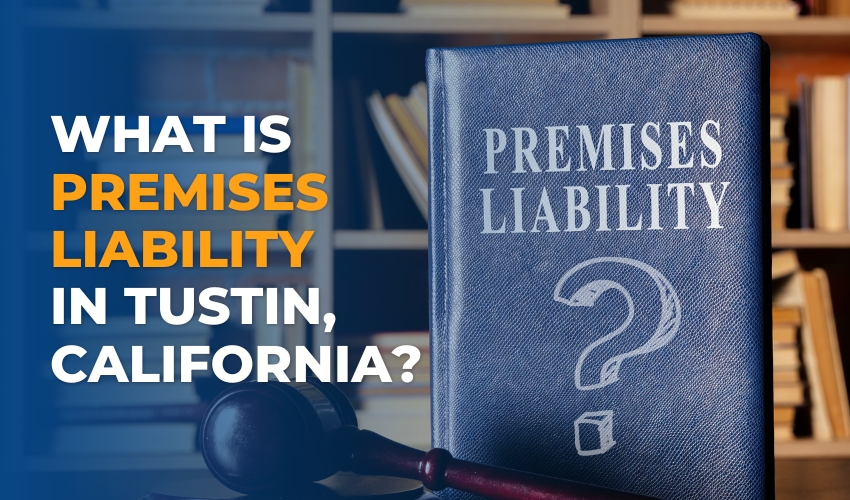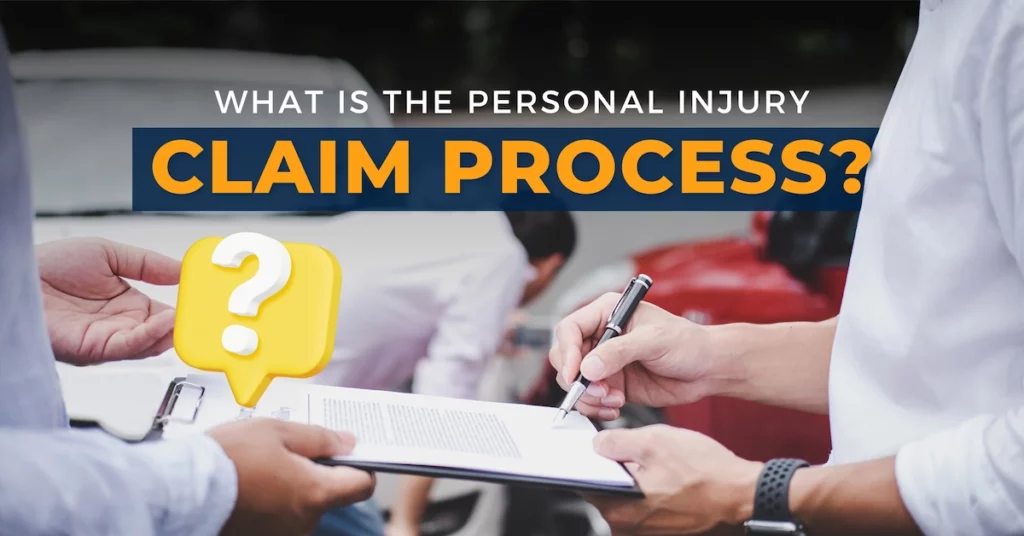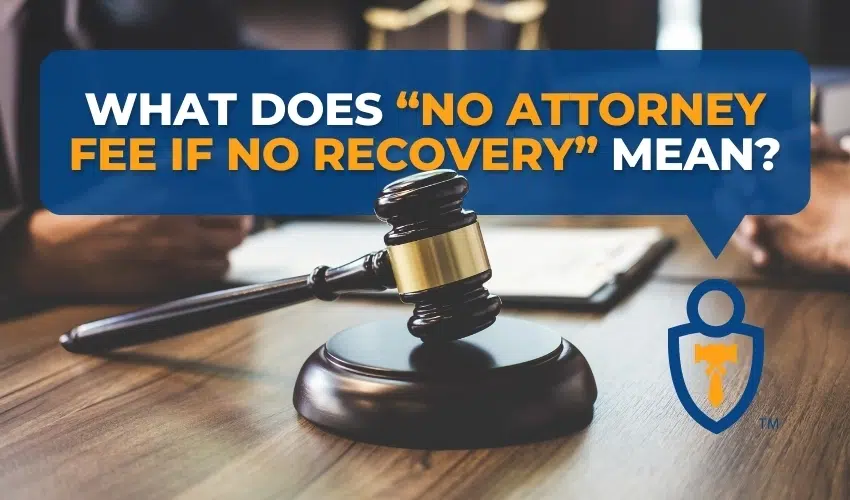Accidents can happen in a matter of seconds, but their consequences can have lasting effects. If you or your loved one happens to experience such incidents, we recommend that you seek the help of a California personal injury attorney. Our team of
personal injury lawyers at Gosuits can help with your insurance claims as well as pursue compensation in case you suffer injuries due to car accidents, truck accidents, slip-and-fall accidents, and many others.
What Is Personal Injury In California?
In the state of California, a personal injury is defined as an injury caused by the negligent or intentional act of another. It covers a wide variety of cases, including vehicular accidents, truck and traffic accidents, product liability, and others. Some other examples include:
- Slip-and-fall accidents
- SUV rollover accidents
- Drunk driving accidents
- Motorcycle accidents
- Pedestrian accidents
- Bus accidents
- Construction accidents
- Dog bite
- Traumatic brain injuries
- Spinal cord injuries
- Wrongful death
What Types Of Injuries Do Accidents Cause?
An accident can cause a wide variety of injuries, ranging from mild to severe consequences that can lead to lifelong disability. These injuries will depend on the type of accident that you’ve experienced, but some of the most common injuries that we’ve seen are the following:
Spinal Cord Injuries
These are injuries that result from a strong impact on your back and may lead to paralysis, loss of sensation, and one-sided paralysis. Since this important structure houses your nerves, which serves as your body’s main communication network, your entire being and overall quality of life may be negatively affected. In these cases, a
spinal cord injury lawyer can uphold your right to seek compensation for the injuries you have sustained.
Traumatic Brain Injuries
Strong blunt force impact and penetrating injuries to the head can cause traumatic brain injuries, ranging from mild concussions to brain hemorrhage leading to comatose. Symptoms of TBIs may include headaches, dizziness, nausea, unexplained anger, amnesia, and even loss of consciousness.
Soft Tissue Injuries
These are injuries that affect the non-bony parts of the body, including the skin, muscles, and ligaments. They usually do not cause long-term damage, but they can incapacitate you for some time because the injuries can limit your movements and everyday function due to pain.
Fractures
These injuries are also known as broken bones which can result from the strong impact on your body when the accident happened. Fractures of the clavicle, ribs, and femur are some of the most common injuries that we’ve seen as a result of personal injury cases.
How Do I Determine Liability For A Personal Injury In California?
Identifying liability is a complicated process that involves detailed investigations, collecting witness accounts, and litigation. The California court will then use this information to determine the extent of liability of the involved parties and award compensation based on that.
Should I Talk With An Attorney After A Personal Injury In California?
If you experience any of the situations mentioned above, we recommend that you hire the help of a personal injury lawyer in California to help you with your next steps. A personal injury lawyer can help you throughout the entire legal process including negotiations with insurance companies, settling with the at-fault parties, and dealing with adjusters. They can also help you file the necessary paperwork and guide you through the complex legal landscape that’s likely to follow an accident, which can be a very overwhelming experience.
What Is The Statute Of Limitations For Personal Injuries In California?
Under
California Code of Civil Procedure (CCCP) § 335.1, you should file your personal injury claim within two years from the date of the alleged incident. It may sound like it’s a long time, but if you consider the preparations involved and the investigations that would need to happen, two years can go by very quickly.
The statute of limitations is established to help preserve the evidence and accuracy of witness accounts which may degrade over time. This will help maintain the integrity of the case to make sure that accurate judgment will be passed by the judge or the jury.
Our California personal injury attorneys can help you meet this deadline to file your suit. Depending on the circumstances surrounding your case, we can also help determine if your case falls within the exceptions of the statute to see if we can still file your case even if you fail to meet the two-year mark.











